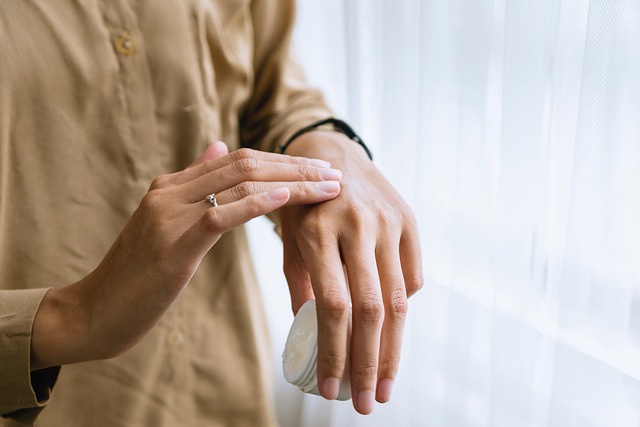The Science Behind the Gut-Skin Connection
The gut and skin are both vital to immune function and detoxification. When your gut microbiome becomes imbalanced a condition known as dysbiosis your body may struggle to absorb nutrients, manage inflammation, and eliminate waste effectively. This imbalance can lead to systemic inflammation that often manifests as skin issues such as acne, eczema, rosacea, or premature aging.
Up to 80% of the immune system is located in the gut, meaning a well-functioning digestive system plays a crucial role in regulating inflammation and immune responses that affect skin health. This intricate communication between your gut and skin is known as the gut-skin axis.
Gut-Friendly Foods That Support Skin Health
Adding these foods to your diet can help restore gut balance and improve skin clarity:
-
Probiotic-rich foods: yogurt, kefir, kimchi, sauerkraut, miso, kombucha
-
Prebiotic-rich foods: bananas, garlic, onions, leeks, asparagus, oats
-
Anti-inflammatory foods: berries, leafy greens, turmeric, fatty fish, green tea
-
Hydrating foods: cucumber, watermelon, celery, oranges
These foods help support the growth of beneficial gut bacteria, reduce inflammation, and encourage skin healing from within.
Foods That May Disrupt Gut and Skin Health
Some foods can negatively impact the gut microbiome, increasing inflammation and triggering skin issues:
-
Refined sugars – can spike insulin levels and feed harmful gut bacteria
-
Dairy – may aggravate acne in sensitive individuals
-
Processed foods – often contain additives and preservatives that disrupt gut balance
-
Gluten – can be problematic for those with sensitivities or autoimmune conditions
-
Alcohol and caffeine in excess – can dehydrate and alter gut flora
Paying attention to how your skin reacts to certain foods can help you identify and eliminate potential triggers.
Lifestyle Habits That Improve Gut and Skin Health
-
Exercise regularly – Movement stimulates digestion, increases circulation, and helps reduce inflammation.
-
Manage stress – Chronic stress affects gut bacteria and increases skin flare-ups. Practices like mindfulness, journaling, and yoga can help.
-
Get quality sleep – Your body uses rest periods to repair both gut lining and skin cells. Aim for 7–9 hours nightly.
-
Limit antibiotics when possible – While necessary in some cases, antibiotics can disrupt gut flora. Consider supplementing with probiotics afterward.
-
Avoid over-cleansing the skin – Harsh soaps and over-exfoliation can damage your skin barrier, especially if internal inflammation is already present.
Healthy skin isn’t just about what you apply externally what’s happening inside your body is equally important. A balanced gut supports the immune system, reduces inflammation, and helps your skin stay clear, vibrant, and resilient. By making conscious choices about what you eat, how you manage stress, and how you care for your digestive system, you can achieve lasting improvements in your skin’s appearance and overall health.


